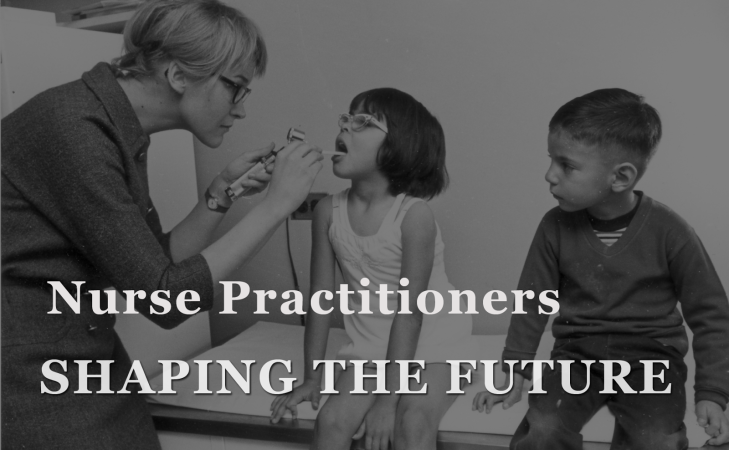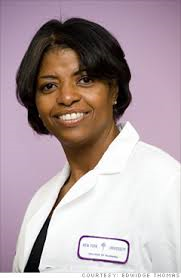More on Scope of Practice: Does Evidence Matter?

Nurses across the country were outraged by cardiologist Sandeep Juahar’s commentary in the New York Times’ The Opinion Pages titled “Nurses Are Not Doctors,” in which he ignores the wealth of evidence documenting that nurse practitioners provide care that is comparable to—and sometimes better than—that provided by physicians. I know of a number of people who submitted letters to the editor. The NYT published two representing nursing’s viewpoint and two others from physicians. Here is one by two New York City colleagues and me that was not published but represents another viewpoint.
To the editor:
Re “Nurses Are Not Doctors” (Op-Ed April 29):
Sandeep Juahar argues that nurse practitioners can’t give patients the same quality of care as other primary care providers, a claim that is unsupported by rigorous research. One study conducted at Columbia University Medical Center and published in 2000 in the Journal of the American Medical Association, which randomly assigned patients to primary care providers, found comparable outcomes for nurse practitioners and physicians. Moreover, there was no difference in utilization of health services, counter to Juahar’s contention that nurse practitioners would order more tests or refer patients to more specialists.
Another article, published in 2011 in the New England Journal of Medicine, notes that a team-based approach to care including the expanded use of nurse practitioners has been shown to improve quality and reduce costs at the Veterans Administration Health System, Geisinger Health System, and Kaiser Permanente. These are three of the most data-driven health systems in the U.S., all with a strong history of encouraging evidence-based medicine.
Juahar also does a disservice to patients and their families by criticizing New York’s Nurse Practitioner Modernization Act, which removes some barrier to nurse practitioners being able to practice to the full scope of their education and training and will benefit the many individuals in our city and state who currently lack adequate access to primary care. Rather than create a turf war between physicians and nurses, all health professionals should be focused on working as a team to provide high quality and cost-effective patient-centered care.
Bobbie Berkowitz, PhD, RN, FAAN, Dean, Columbia University School of Nursing
Diana J. Mason, PhD,C, FAAN, RN, Director, Center for Health, Media, and Policy,Hunter College- Bellevue School of Nursing
Eileen Sullivan-Marx, PhD, RN, FAAN, Dean, New York University College of Nursing
Nurses across the country were outraged by




 The Affordable Care Act–also known as Obamacare–has extended health insurance coverage to millions of Americans. But access to coverage doesn’t guarantee access to care. With a shortage of primary care providers in the U.S., the Affordable Care Act tries to bump up the numbers of physicians, nurse practitioners and physician assistants who can provide this care. Expanding the numbers isn’t the only approach to improving access to care that can promote the health of people. For example,
The Affordable Care Act–also known as Obamacare–has extended health insurance coverage to millions of Americans. But access to coverage doesn’t guarantee access to care. With a shortage of primary care providers in the U.S., the Affordable Care Act tries to bump up the numbers of physicians, nurse practitioners and physician assistants who can provide this care. Expanding the numbers isn’t the only approach to improving access to care that can promote the health of people. For example,